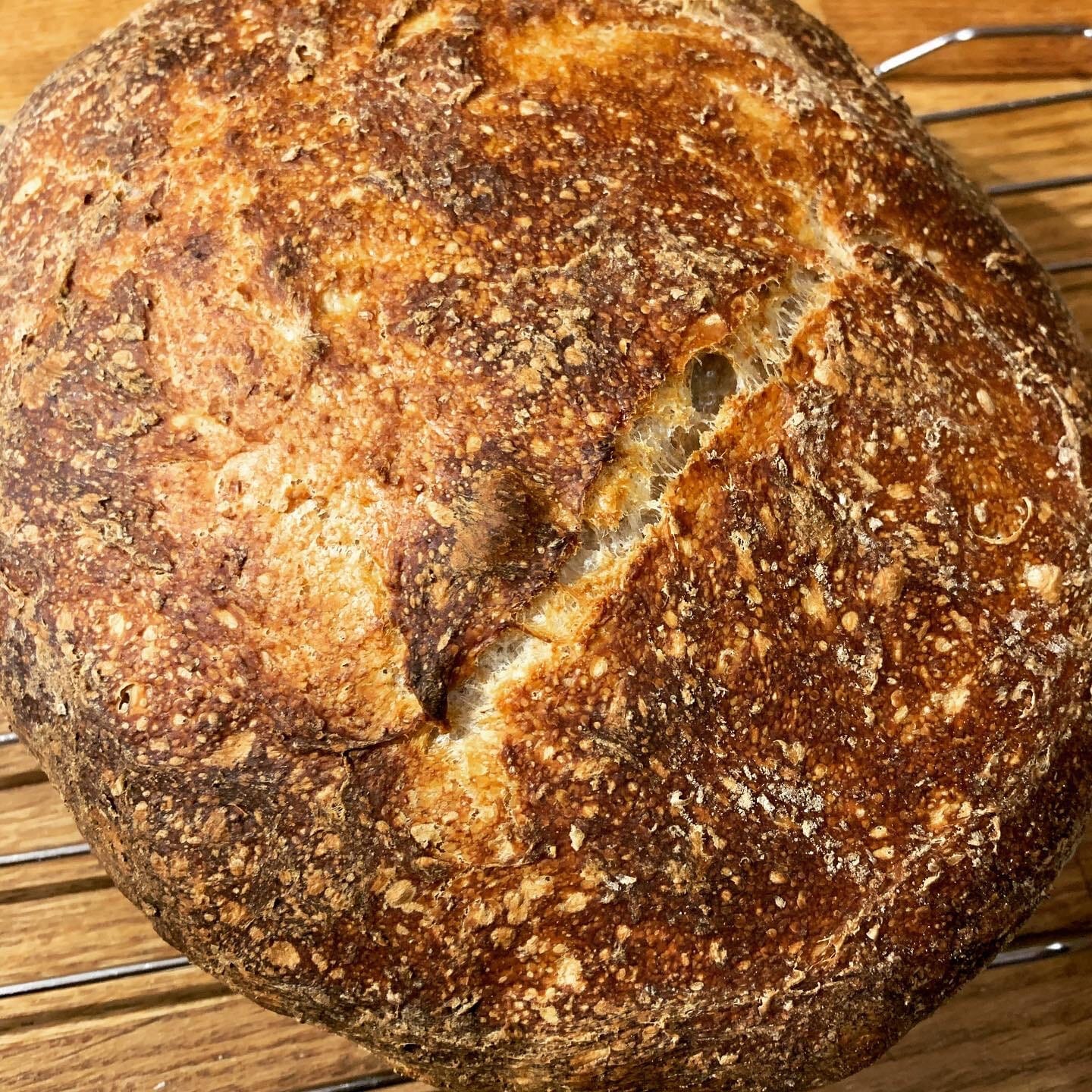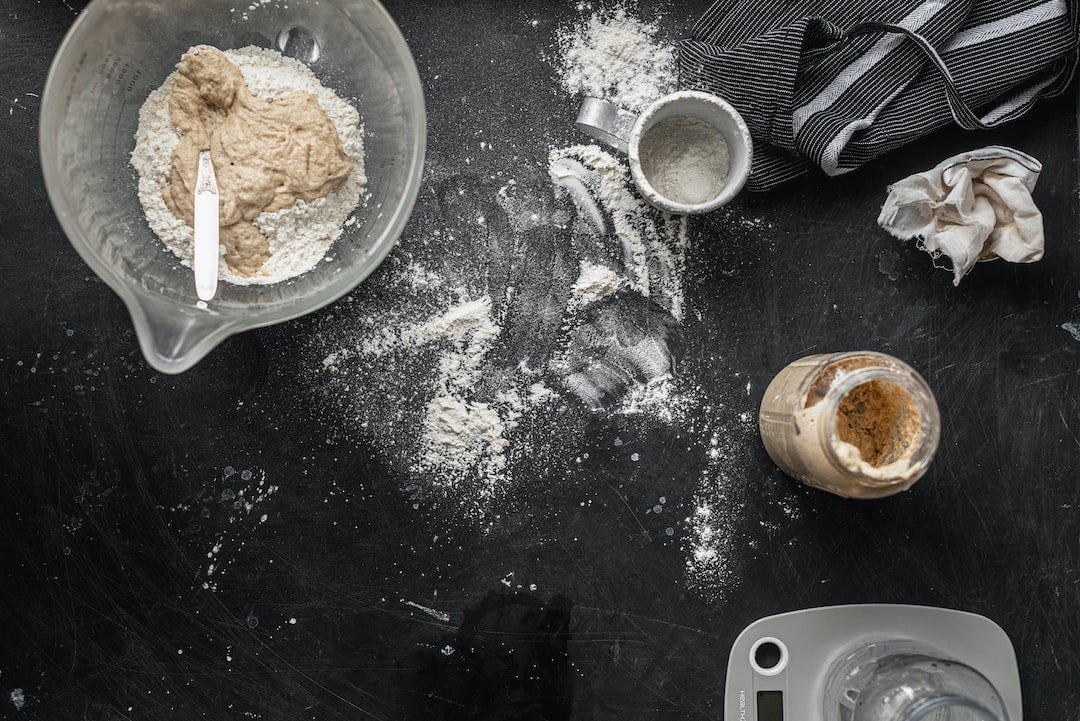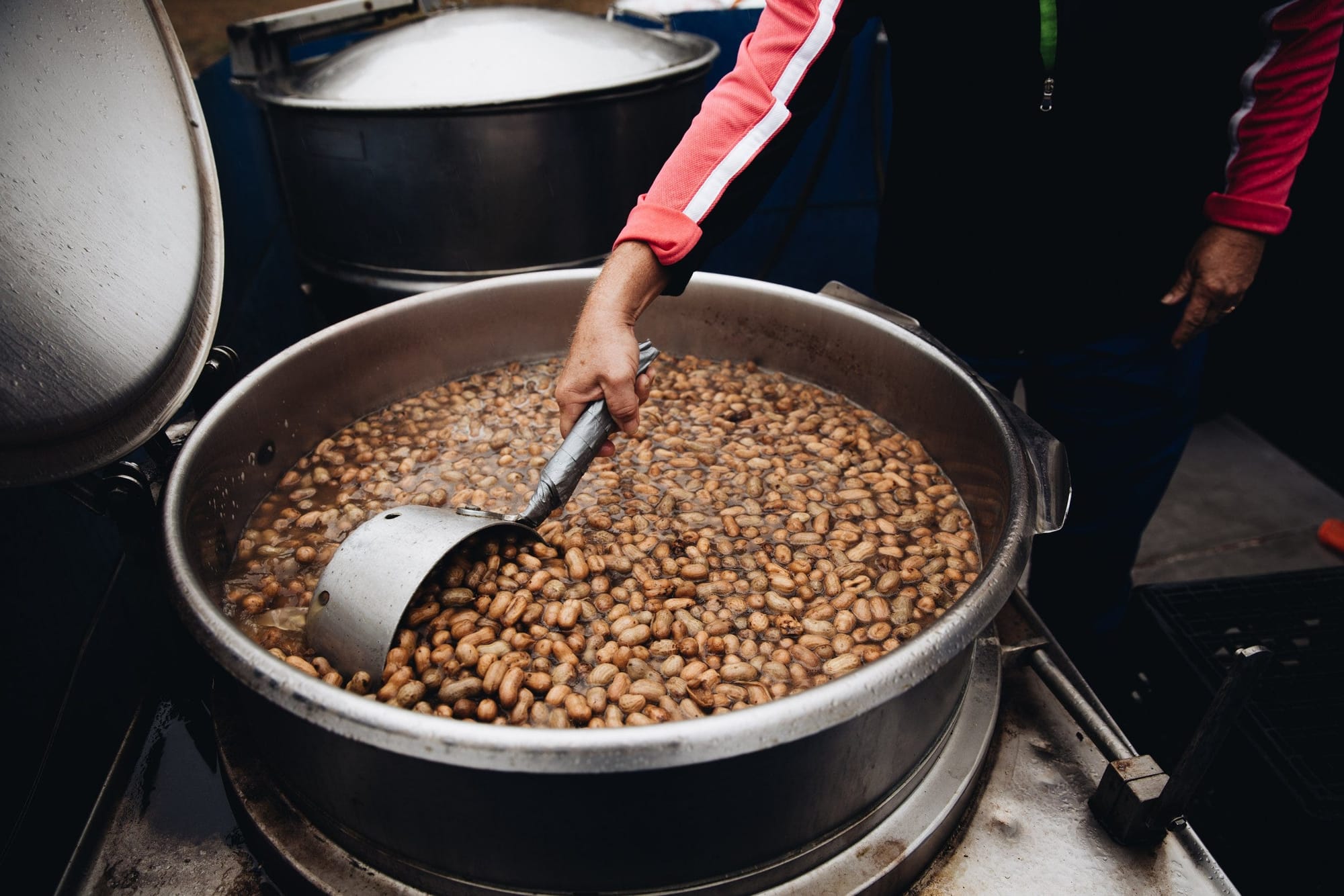Friday Bread Basket 6/30/23

Welcome to the Wordloaf Friday Bread Basket, a weekly roundup of links and items relating to bread, baking, and grain. Still working on getting my back back, but making progress.
Before I jump into this week’s items, I wanted to remind everyone about the pretzel workshop I’ll be doing next week, on 7/8. I know it’s mentioned at the top of every email I send out, but I also know that many of us have opted to forego Substack emails in favor of reading them in the Inbox instead, which means the headers get chopped off. Get the details on the class—which covers both German and American styles, yeasted and sourdough, here (there is a discount for paid subscribers, reach out if you can’t get it via email):

Survey says

Sarah Gurney, an MA candidate from Wales, is doing research on sourdough baking during COVID lockdowns and is in search of respondents to a survey. For some reason, I thought there might be a few people here who might have something to say on the topic:
Are you a #sourdough baker? If so, I need your help! I'm researching sourdough baking during the COVID lockdowns for my MA and would love you to fill out my survey!
https://www.surveymonkey.co.uk/r/N9MHNF9
I'm also looking for people to tell me about their sourdough baking journey (Yes, even yours!), so if you would be interested, please DM me!
Let’s flood her survey with good data!

Bread is magic

Jennifer Billock’s Kitchen Witch recently shared The Busy Witch’s Guide to Mana Bread, a recipe from Jessica Triana de Ford for a “quick” sourdough loaf (it’s really a yeasted preferment bread). KW is about the practice of magic (the esoteric and not prestidigital kind) in the kitchen, and de Ford’s instructions include prayers to incant at various points:
You can then call on Freyja to bless the bread at several stages in the process to aid in its rising. Check out the recipe below for these prayers.
More than anything, the energy you put into your baking dictates the quality of the end product. If you are a hard kneader, stressed, or in your head too much, then the bread will come out dense and heavy. On the other hand, if you knead with softness, joy, and intention, the bread will take on that lightness, rise higher, and be fluffier.
I’m a hardheaded materialist, so this isn’t something I’d do myself, but I 100% agree that intention and focus definitely influence results in bread baking and that prayers like this are one way to get you there.
Boiled, not roasted

Peanuts are a legume, not a grain, but as peanut butter and bread go hand in hand, I’m going to say they are within the Wordloaf purview, which means I can share my friend Julia Skinner’s amazing new story for The Bitter Southerner on the history and culture of boiled peanuts:
Beginning as a crop in the Andes, where archaeologists have found peanuts buried in tombs and adorning pottery, peanuts come from two wild species that were crossed in Bolivia around 10,000 years ago.
But the full story of boiled peanuts, and peanuts in general, is far from celebratory, as it is also the story of the trans-Atlantic slave trade. When the Spanish colonized the Americas, starting at the end of the 15th century, they brought peanuts back to Europe, and the heat-loving legume was later brought to Africa by the Portuguese. According to Robert Deen's The Boiled Peanut Book, the peanut’s nickname, goober, is said to come from the word nguba, or peanut, in the Kongo and Kimbundi languages. The plants thrived, and the peanuts returned to the Americas alongside people who would never see their homelands again. So while the peanut itself is indigenous to the Americas, the cooking process is African, and this process has spread around the world, the result of intercontinental trade, colonization, slavery, and immigration.
As a northerner, boiled peanuts are something I was not raised on, but I’ve come to appreciate them, all the more so after having read Julia’s story (and the gorgeous images by GROWL).

That’s it for this week’s bread basket. I hope you all have a peaceful weekend, see you all on Monday.
—Andrew






Member discussion